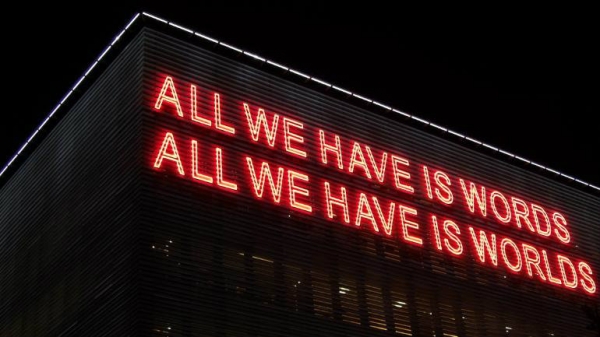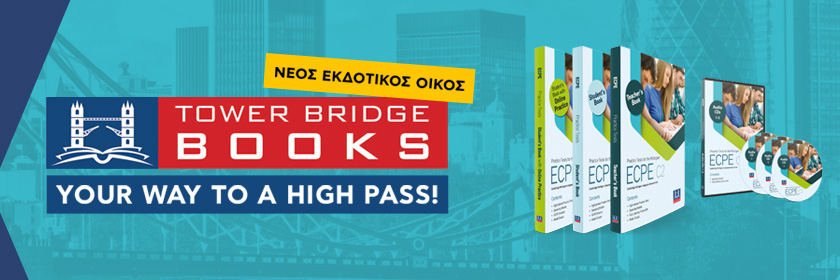Henry Peacock wrote to point out that in British English we would usually say “alternative reality”. He is right that British usage tends to use “alternate” as an adjective to mean “every other”, as in “alternate Fridays”. However, as The Independent now has more readers in the US than in the UK and as we syndicate a lot of articles from the US press – including this one, which originally appeared in The New York Times – we no longer translate such articles into British English
But UK journalists please note: our style is “alternative reality”, “alternative universe” or “alternative history”.
Money for old dope: We reported a study this week that said, according to our headline, “Legalising cannabis could boost Treasury coffers by up to £3.5bn per year.”
It was needlessly defensive of us to use both “could” and “up to”. We could have said it “would boost Treasury coffers by up to £3.5bn per year” or that it “could boost Treasury coffers by £3.5bn per year”.
I am not keen on the “up to” formula. It strikes me as too like sales guff, such as “up to 25 per cent off”. So “could” would have been fine.
In the article itself we said: “The study also references US states that have decriminalised cannabis…” Again, this is a matter of personal taste, but I think it is easier for the reader if we say “refers to” or “cites” rather than “references”.
State of this: We had a lot of people stating things this week. Lord Mance, a Supreme Court judge, “stated” something in his judgment on abortion law in Northern Ireland. Matteo Salvini, leader of Italy’s League, denied allegations of Russian funding, “stating that he had ‘never received a lira, a euro or a rouble from Russia’”.
And the boss of Qatar Airways denied he was sexist and “went on to state that his airline introduced female pilots and engineers fairly early on”.
I think this is stilted and formal and that “said”, “saying” and “say” would be better. It is a bit like saying someone has “penned” a novel because it seems too ordinary to write “written”.
Stated and penned are not words you would usually use in speech – except in cases such as Simon Calder’s report that Chris Grayling, the transport secretary, “stated the obvious” in his House of Commons statement about Northern Rail. That is fine because it is a phrase used in conversation.
Of course, people increasingly say “was like” instead of “said” these days and I am not suggesting we write that, but if we write the way people used to talk in the recent past, that is the best guide to a style that is easy to read.








